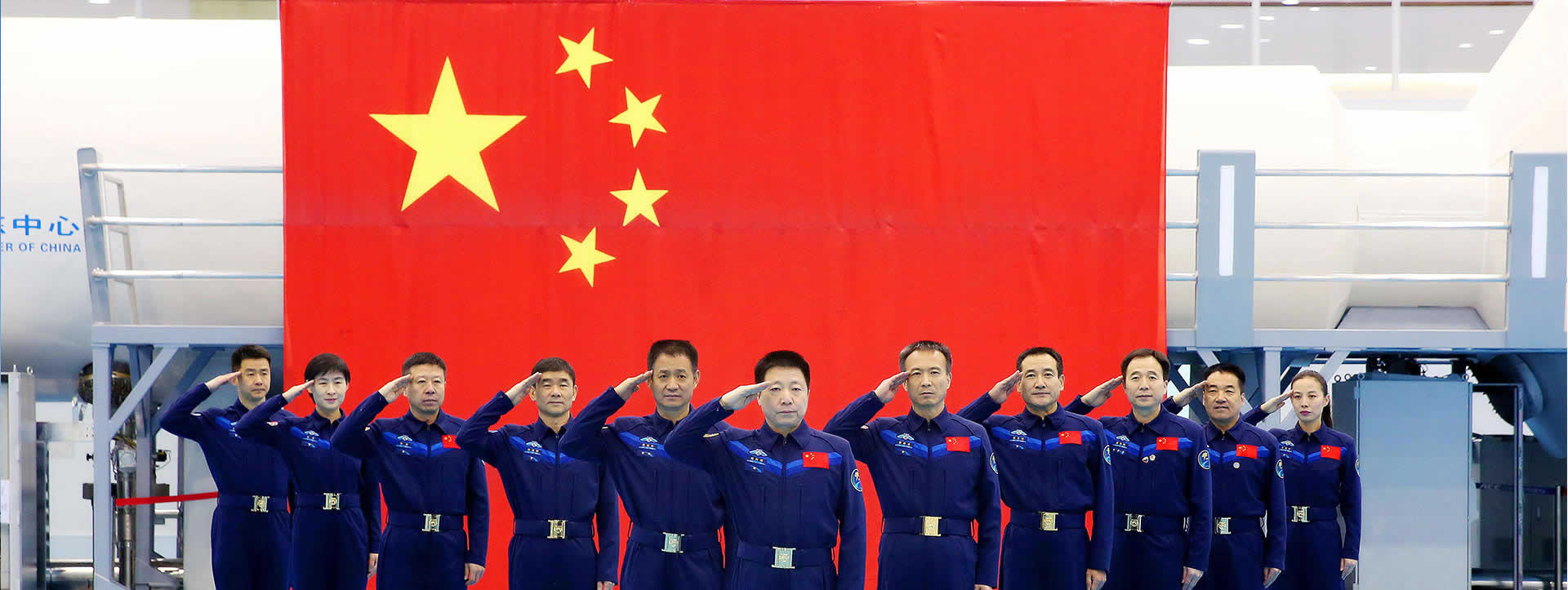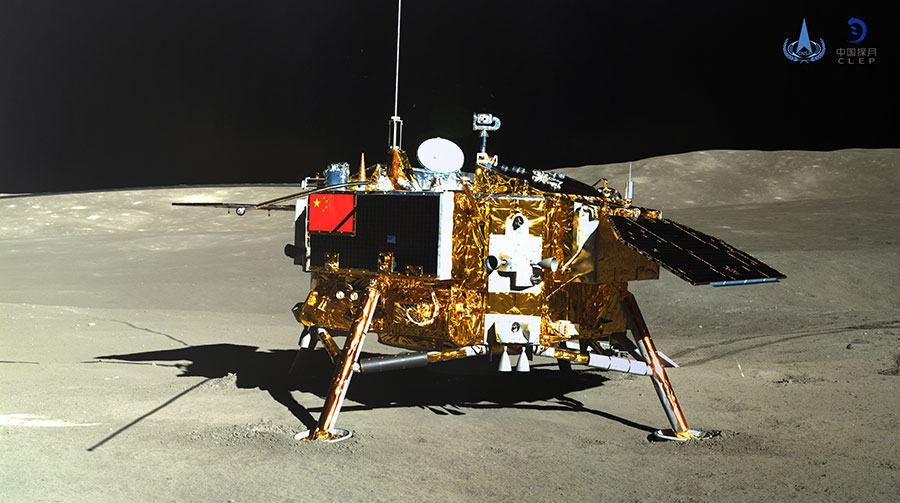
China selects 18 new astronauts in preparation for space station launch

China has selected a third group of astronauts for the nation's coming space station, the China Manned Space Agency announced on Oct. 1.
The 18 new astronauts — 17 men and one woman — fall into three groups. Seven were chosen from aviators from the People's Liberation Army Air Force and will become spacecraft pilots. Another seven will become spaceflight engineers and were researchers or technicians in aeronautics, astronautics and other related fields. The last four will be mission payload specialists and were selected from applicants involved in space science and to China's piloted space program.
Related: China's new space capsule lands safely in 1st uncrewed test flight
According to a report in China Daily, before this new selection, China had 21 astronauts from two recruiting rounds. Among them, 11 have flown during six space missions.
The selection for the third class began in April 2018, culling down the group from roughly 2,500 applicants.
Multi-module station

Get the latest news of China's space program here, including moon missions, Mars landers and more.
According to government plans, the nation will start putting together its first full-fledged crewed space station around 2021.
Marking the first step, a Long March 5B will put the station's core module into orbit that year. Next, other components and astronauts will be ferried to the core module to assemble the station.
Breaking space news, the latest updates on rocket launches, skywatching events and more!
The multimodule station, named Tiangong, or Heavenly Palace, will include three components, a core module attached to two space labs, and will weigh more than 99 tons (90 metric tons), according to the China Academy of Space Technology.
The space station is expected to be completed and fully operational around 2022 and is set to operate for about 15 years, the academy said.
U.S. concerns
On Sept. 30, a task force of 15 Republican congresspeople representing 11 committees in the U.S. House of Representatives released a detailed policy blueprint to counter the growing global threat of the Chinese Communist Party (CCP).
The CCP is looking to become a space superpower, noted the document, which also discussed China's space station efforts and which is available online.
"If the PRC [People's Republic of China] succeeds in its efforts to launch its first long-term space station module in 2022, it will have matched the U.S.' nearly 40-year progression from first human spaceflight to first space station module in less than 20 years," the task force wrote. "The CCP is vocal about plans to establish a human base on the moon. The U.S. should be concerned about the technological innovations and leadership role for the CCP that could come from missions crewed by PRC-nationals to the moon."
Follow us on Twitter @Spacedotcom and on Facebook.

Leonard David is an award-winning space journalist who has been reporting on space activities for more than 50 years. Currently writing as Space.com's Space Insider Columnist among his other projects, Leonard has authored numerous books on space exploration, Mars missions and more, with his latest being "Moon Rush: The New Space Race" published in 2019 by National Geographic. He also wrote "Mars: Our Future on the Red Planet" released in 2016 by National Geographic. Leonard has served as a correspondent for SpaceNews, Scientific American and Aerospace America for the AIAA. He has received many awards, including the first Ordway Award for Sustained Excellence in Spaceflight History in 2015 at the AAS Wernher von Braun Memorial Symposium. You can find out Leonard's latest project at his website and on Twitter.
